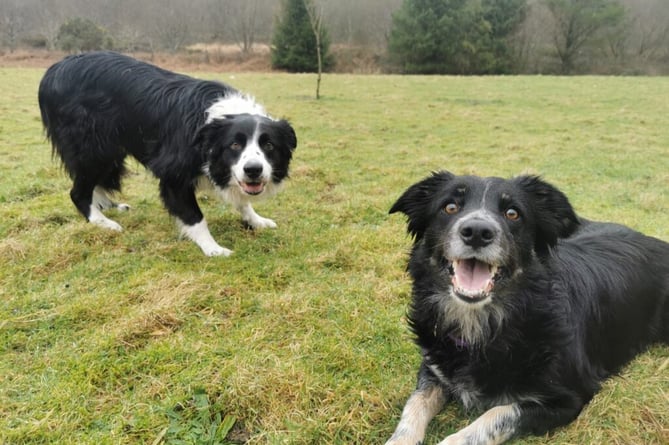A burly bull terrier, or a stocky Staffie, may look like a frightening guard dog, but you are more likely to be attacked and bitten by a miniature poodle, dachshund or chihuahua according to several studies over recent years.
Small dogs may be more fearful because they live in a world of bigger things, but another cause may well be that smaller dogs are not taken to training classes as much as their larger cousins.
A recent Liverpool University study shows that dog bites have been on the rise for the past two decades, perhaps because dog ownership has increased.
More startling, though, is that 80 per cent of adults and 91 per cent of children who have been bitten by a dog were victims of the family pet – a threefold rise in 20 years.
A reminder, then, that small children should never be left alone with a dog.
Add in two lockdowns and a pandemic puppy boom, and the trend becomes even more concerning.
Alder Hey Children’s Hospital report that they are seeing an average of four to five dog-bite admissions per day.
Going back to why this is happening, another theory is that we are not treating our dogs as dogs, with sharp teeth and a flight or fight instinct, and possibly a strong prey drive.
We have an increasing tendency to anthropomorphise dogs and to regard them as small children or as objects we can treat like toys – dressing them up, for instance.
By doing this we are in danger of losing the understanding that these are dogs.
What we consider natural signs of affection, such as picking up a small dog and cuddling it, may actually be seen as threatening by the dog.
And don’t assume a larger dog is happy for you to bend down towards it to express your affection; and always be very, very cautious when putting your face near a dog’s face – you may simply want to kiss them, but they don’t know that.
Then throw in social media and the trend for images of dogs behaving like humans – smacking their lips, rolling their eyes, yawning, or making strange noises – which could all be signs of stress and an indication that the dog may be anxious.
Reading your dog’s natural body language, and taking the time to understand what triggers make them feel threatened, are important aspects of dog ownership and will help to reduce the likelihood of a dog bite.
If you, another person, or your dog is being attacked then (easier said than done) you should try not to scream and shout – this may exacerbate the problem.
In the latter scenario, try to stay calm and to distract the other dog from a distance, perhaps by offering to throw a stick, but do not try to separate the dogs yourself because you may end up being bitten as well; and don’t make eye contact with the other dog because this may make them feel more threatened.
Our two lovely border collies, Albie and Sky, don’t have any bite history at all, and they are good around people and other dogs – even cats. We simply don’t know why they are still with us because they are great dogs.
Sky is a petite three-year-old who is super agile; and Albie is a large six-year-old who comes from working stock. He is, therefore, a natural herder and he was constantly trying to round up the children in his previous home, which is why the two dogs came to us for rehoming (as a bonded pair).
Albie can be strong on the lead, and he would benefit from more obedience training in this area.
Otherwise, he and Sky are typical collies in that they are incredibly intelligent and active, and so they need to live in an environment that stimulates them mentally and physically.
If you want to meet them, even over TT, please call the kennels team on 851672, option one.




